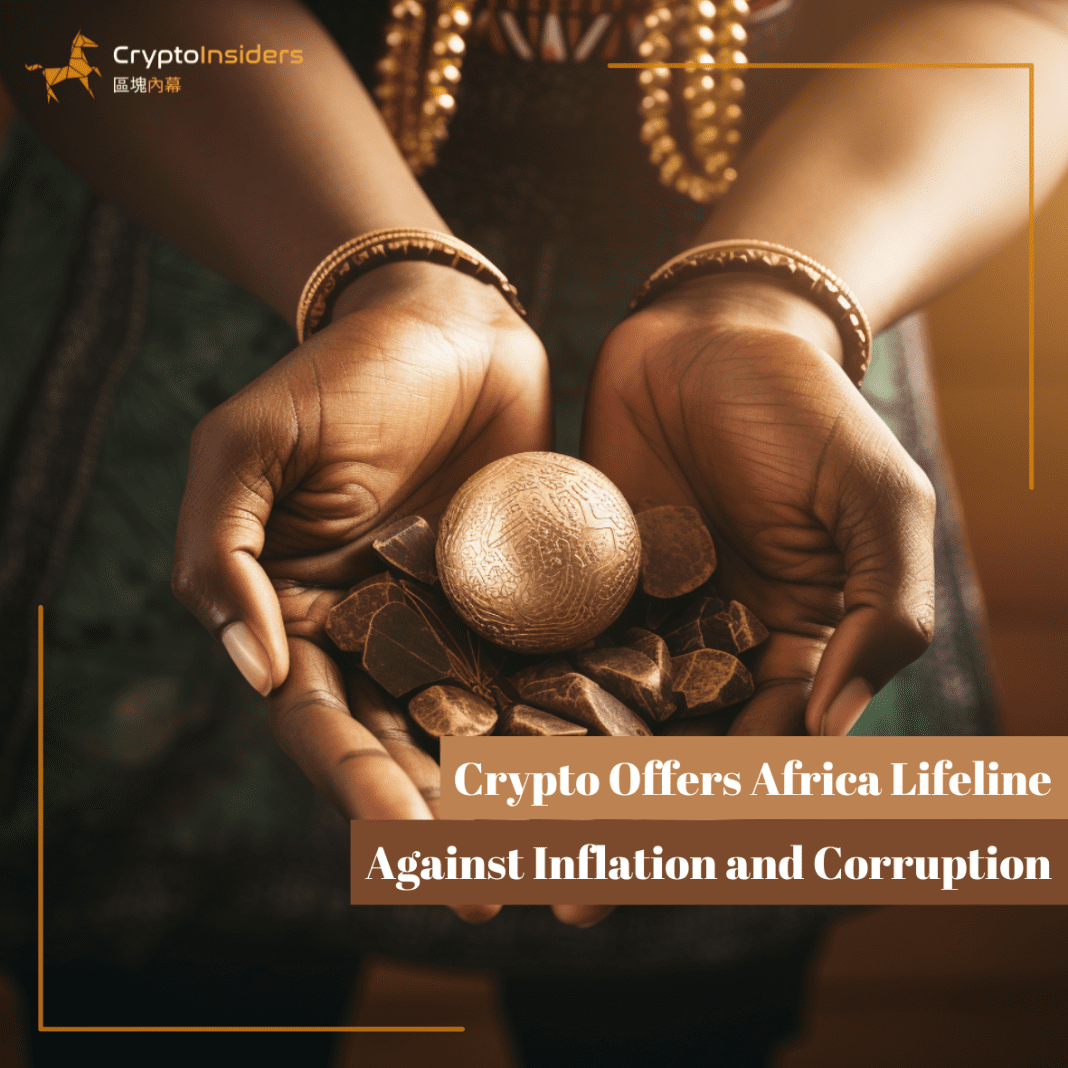Introduction
African countries have long struggled with economic challenges, including high inflation rates and corruption. These issues have taken a toll on the continent’s economy, making it challenging for individuals and businesses to thrive. However, cryptocurrency is now emerging as a potential solution to these challenges.
Cryptocurrency as a Solution to Inflation
Inflation is a significant problem in many African countries, making it difficult for people to save their money. Cryptocurrency offers an alternative that can help individuals protect their wealth. Unlike traditional fiat currencies, cryptocurrencies are decentralized and not subject to government manipulation. This means that they are not affected by inflation in the same way as fiat currencies.
Cryptocurrencies such as Bitcoin and Ethereum have already gained popularity in Africa, with many people using them as a store of value. This has led to the growth of a vibrant cryptocurrency market in the continent.
Cryptocurrency as a Solution to Corruption
Corruption is another significant challenge facing African countries. It is estimated that corruption costs African economies billions of dollars every year. Cryptocurrency offers a potential solution to this problem by providing a transparent and decentralized system that is not subject to the same level of corruption as traditional financial systems.
Blockchain technology, which underpins most cryptocurrencies, is inherently secure and transparent. Transactions on the blockchain are recorded in a public ledger, making it difficult for anyone to manipulate the system without being detected.
Related:Three Arrows Liquidators Recoup Losses from Founders
The Future of Cryptocurrency in Africa
Cryptocurrency is still in its early stages of adoption in Africa, but it has already shown significant potential as a solution to the continent’s economic challenges. As more people become aware of the benefits of cryptocurrency, it is likely that adoption will increase.
Governments and financial institutions in Africa have already started to explore the potential of cryptocurrency. For example, the Central Bank of Nigeria has created a regulatory framework for cryptocurrency, while the African Development Bank is exploring the use of blockchain technology in its operations.
Conclusion
In conclusion, cryptocurrency offers a lifeline to African countries struggling with economic challenges such as inflation and corruption. It provides an alternative financial system that is secure, transparent, and not subject to government manipulation. While it is still early days for cryptocurrency in Africa, its potential for transforming the continent’s economy is significant.





